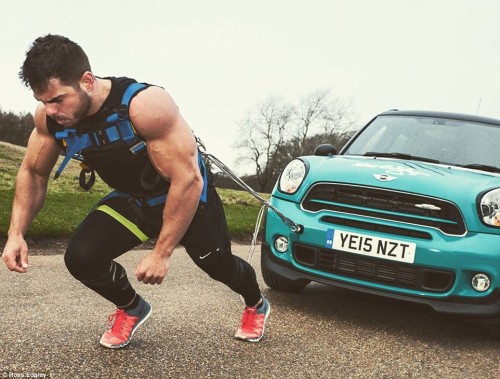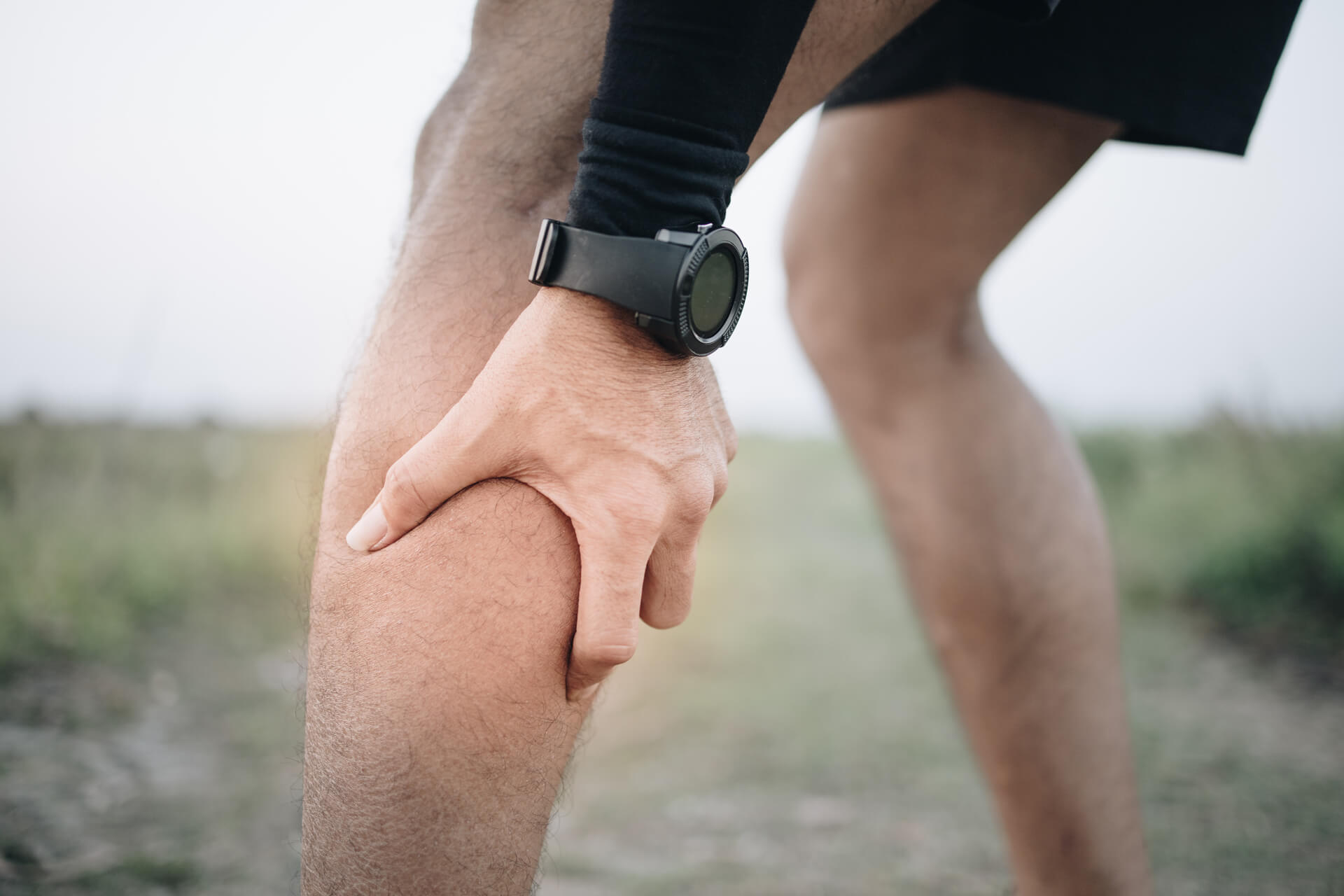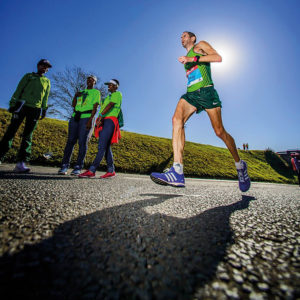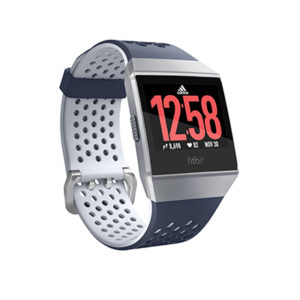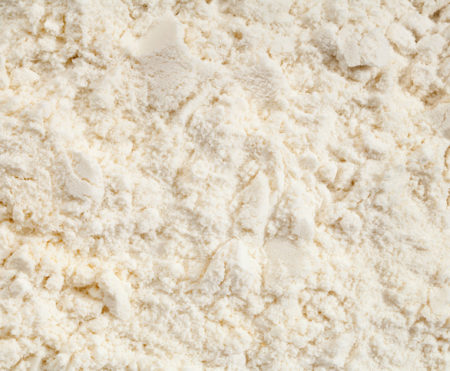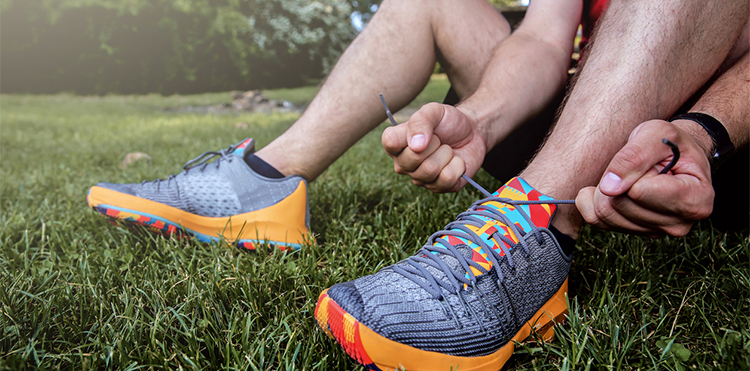
We didn’t want to say anything, but Ross has really let himself go
To prepare for 2017 athlete adventurer Ross Edgley is attempting to run 30 marathons in 30 days from a treadmill in his kitchen. Why? So he can trial 30 different breakfasts and explore the intricacies of endurance-based nutrition so he’s better informed to fuel his year ahead. It’s far from conventional, but there could be method to his madness.
Choosing the right food to fuel a marathon is a nutritional minefield. There are so many variables to take into consideration, from the calorie content to the macronutrient makeup (protein, fats and carbs). Next consider the relatively new field of research of nutrigenomics ― the field of study concerned with how our genes interact with our nutrition ― and it becomes almost impossible to make an educated guess on the best food choices since we all assimilate nutrients differently based on our own unique biological identity.
Which is why ― as odd as it sounds ― I decided to turn myself into a human guinea pig and start the year by running 30 marathons over 30 days whilst trialing a new breakfast each day. It’s an event I’m calling: Man Vs (Marathon) Food and I will be eating everything from a fully-fried, traditional English breakfast to fruit-infused granola and protein pancakes blended with whey protein. All in the hope each delicacy helps me ― and fellow runners reading ― understand how food will have a profound impact our fitness.
The Food Theory
Few runners understand your marathon time will be determined long before you lace up your trainers and step foot on the start line. This is because the best runners in the world aren’t just good at running. They’re also great at eating. Whether they know it or not they are experts in bioenergetics ― the study of the transformation of energy in living organisms ― and they know what to eat and how to eat it.
Yes, a large VO2 maximum (lung capacity) is a brilliant asset to have and who wouldn’t want toe lactic threshold of Mo Farah (the point at which your muscles “burn” and fatigue). But studies show improving your culinary IQ could be a valuable tool to have in your arsenal come race day.
The Food Theory: Carbohydrates
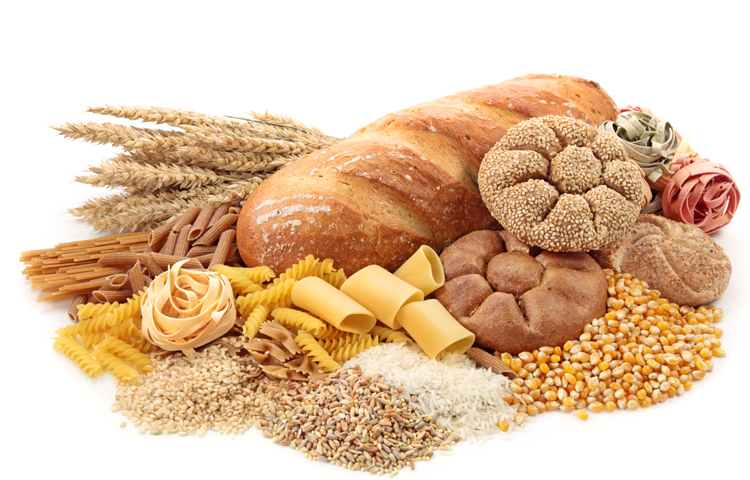
For years sports scientists believed and broadcast that carbohydrates are a runner’s primary source of fuel. Why? All because carb-rich foods like oats, bread, rice, energy gels and granola are eaten and then stored in the muscles as glycogen for us to then use during each and every mile of the marathon. Fail to understand this and yield the power of the porridge oats and research published in the International Journal of Sports Nutrition shows you might be running with the “dietary handbrake” on.
This is because scientists wanted to study the impact carbohydrates had on 30km running performance. Taking a group of subjects they monitored their running speed and found it was, “Maintained throughout the race in the high-carbohydrate trial, whereas a decrease in the running speed occurred after 25K in the water trial” where athletes received limited carbohydrates.
What does this mean? Put simply it was around the 25K mark that athletes began to run low on muscle glycogen and were then unable to maintain “race speed” as stamina and strength began to fade. This led nutritionists to conclude, “Performance time for a 30-km road race is improved after ingesting a carbohydrate drink.”
So we should all head to the bakery and reach for a giant granary loaf? Well, not so fast.
The Food Theory: Fats
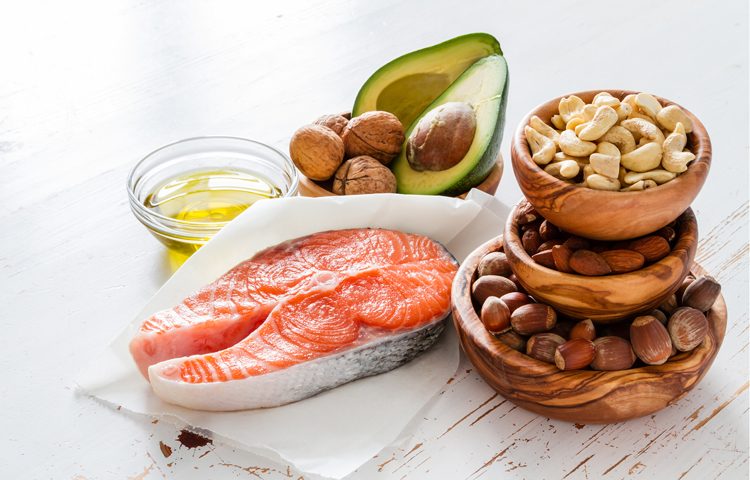
Too often the world of nutritional science doesn’t consider the body and diet in its entirety. For instance, the study published in the International Journal of Sports Nutrition didn’t take into account the quantity of fats in the diet. Which brings me onto Man Vs (Marathon) Food principle number 2: Using fat as your fuel.
This is because research conducted at the Centre for Human Nutrition at the University of Colorado claims, “Muscle glycogen capacity (the carbohydrates we eat) is approximately 15 g/kg body weight.” To use a sporting example, this means a marathon runner who weighs 67kg would only be able to store 1,005 grams of carbs (at the very most) and would therefore run out of muscle glycogen by the 20K mark.
Which is why research published by Nutrition Focus New Zealand Limited is of such importance. Citing the power of dietary fat, they proposed it could be used to fuel longer endurance-based events better than carbohydrates. The study begins by saying, “The number of grueling events that challenge the limits of human endurance is increasing. Such events are also challenging the limits of current dietary recommendations (solely relying on carbohydrates).” Our scientists from New Zealand added, although endurance athletes have favored carb-loading before competing for years, “There are some situations for which alternative dietary options (adding fat to the diet) are beneficial.” They have a very good point too! This is because whilst fat provides a whopping 9 calories per gram of energy compared to carbohydrates 4calories per gram.
So what does this all mean for my 30 marathons? Basically that modern science it still trying to decide what the best marathon fuel is. So whilst nutritionists and researchers continue to argue among themselves, I thought I’d ensure the 30 recipes I trial and taste sometimes include solely fats, sometimes include solely carbohydrates and sometimes both in a dual-fuel supply.
All so I can (maybe) decide for myself.
Ross Edgley is an athlete adventurer, chief sports scientist at THE PROTEIN WORKS™ and considered one of the world’s most travelled fitness experts.

